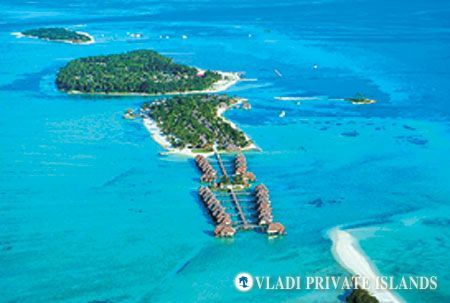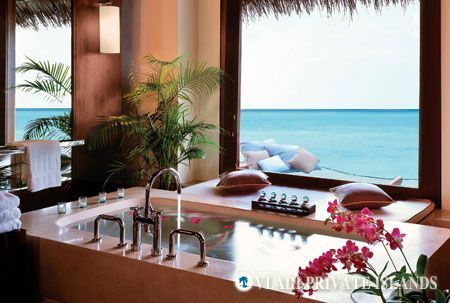In a surprisingly quick turnaround, the government of the Maldives has rescinded a potentially economically-crippling ban on the operation of spas.
On December 27th, it was widely reported, including in Private Island News, that after a shocking decree from the President of the Maldives, the country would be forcing all spas and health/wellness centres to shutter their doors. The dramatic move was in response to a series of protests, reportedly fomented by political opposition groups, accusing spas of promoting “Un-Islamic” beliefs and acting as a front for prostitution. Also threatened would be alcohol consumption and the importation and eating of pork, even for tourists, who have typically been sheltered from the country’s Islamic prohibitions.
The pro-Islamic main opposition party decried the move, however; it was even commented on by Maldivian President Nasheed, who issued the order, that it was ironic that many of the protests were supported by wealthy elites who themselves were resort and spa owners. Heavy rhetoric also flowed from the Maldives Association of Tourism Industry (MATI), who filed civil cases claiming that the order violated lease agreements signed by the government and the constitutional rights of investors.
The spa ban generated an incredible amount of international publicity, but it was not to last for long. On January 4th, pending a decision by the Supreme Court, President Nasheed officially lifted the ban, explaining his decision in an interview with Reuters news service. “We have lifted the ban and all the services will be available for tourists,” the President said. “We wanted to give confidence to tourists.” He stated that the closure had been due to the extreme pressure he faced from the Islamist protests.
In the end, most resorts had chosen to entirely ignore the ban, offering their spa and health services as per business as usual. Some others, including resorts owned by the country’s political opposition, chose to begin civil proceedings against the government. President Nasheed, in a statement made after he revoked the ban, said that he felt that his actions had created awareness in the country that the strict Islamic laws demanded by the protestors are highly incompatible with the nation’s majority opinion, not to mention its livelihood.
The President was quoted as describing how after the ban was announced, “…the silent majority woke up and they wanted to reverse the ruling or the cry of the extremists.” Regarding the protests, he said that “Such extreme calls don’t really quite find resonance with the majority of the people in the country”. In any case, the “extreme calls” did not reflect the economic importance of the Maldives’ many resorts, which cater to the more than 800,000 tourists who flock to the country each year. These businesses, caught in the crosshairs of a political battle, are assuredly now relieved that the storm of bad publicity has passed.
Read more about this news update: CNN World




